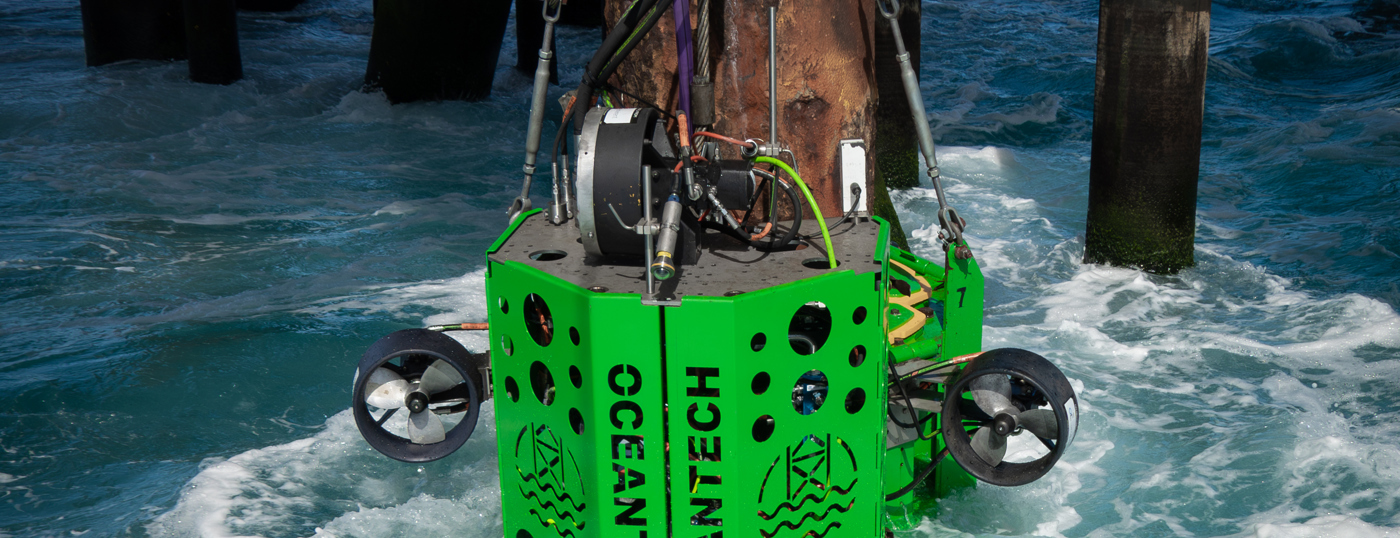1. Do they have proven and relevant experience?
Not all offshore experience is equal. The splash zone has its own unique challenges — including difficult access and unpredictable weather — which require specialised skills and equipment.
When assessing a potential partner, look beyond general credentials and ask:
- Have they successfully completed multiple splash zone projects similar to yours?
- Can they provide references or case studies?
- Have they worked in comparable environments and climatic conditions?
A partner with deep splash zone expertise will anticipate risks others might overlook, and will know how to execute safely and efficiently under pressure.
2. What safety culture and track record do they have?
Safety is non-negotiable offshore. In splash zone work, where personnel often operate in high-risk environments with dynamic forces at play, a strong safety culture is essential.
Check the following:
- Lost Time Injury (LTI) and Total Recordable Incident (TRI) rates
- Safety certifications (e.g. ISO 9001 and ISO 14001)
- Their approach to hazard identification, risk assessment, and emergency response
- Crew training and competency programmes
A credible partner will be transparent about their safety record and able to demonstrate how safety is embedded into every phase of a project — from planning through execution.
3. Do they have the right technology and methodology?
The splash zone demands robust, purpose-built solutions. Access is often one of the biggest challenges, with options ranging from rope access and scaffolding to advanced remotely operated vehicles (ROVs) or robotic systems.
Ask about:
- Access solutions and their suitability for your asset
- Proven performance
- Surface preparation capabilities
- Inspection tools and monitoring systems
- Onshore testing facilities
A strong partner will have a clear methodology backed by modern, well-maintained equipment — and the flexibility to adapt to project-specific constraints.
4. Can they deliver on time and within budget without compromising quality?
Marine operations can be expensive, and delays quickly multiply costs. A trustworthy splash zone partner will have robust planning and project management systems in place.
Look for:
- Evidence of past on-time, on-budget delivery
- Comprehensive, turnkey service delivery
- Detailed project execution plans
- Strong supply chain management
- Transparent reporting and progress tracking
A partner with solid logistics and realistic scheduling will help you avoid costly overruns and ensure the project meets its operational deadlines.
5. Do they align with your sustainability and compliance goals?
Regulatory compliance is a given, but many operators are also prioritising sustainability, environmental stewardship, and ESG commitments. The right partner should help you meet — or exceed — these standards.
Ask yourself:
- How do they minimise environmental impact (e.g. use of eco-friendly coatings and robotic solutions)?
- Are they compliant with local, national, and international regulations?
- Do they have ISO 14001 or other environmental certifications?
- How do they contribute to lower emissions or optimised energy use?
Choosing a partner who shares your environmental and compliance values not only protects your licence to operate, but also enhances your reputation. Splash zone projects require a precise balance of technical expertise, safety commitment, logistical planning, and environmental responsibility. By asking these five critical questions, you can confidently select a partner who will deliver quality results while safeguarding people, assets, and the environment.
At OceanTech, we specialise in challenging splash zone projects, bringing together proven experience, innovative technology, and a steadfast commitment to safety and sustainability. If you’re planning your next splash zone project, our team is ready to help you get it right the first time.
